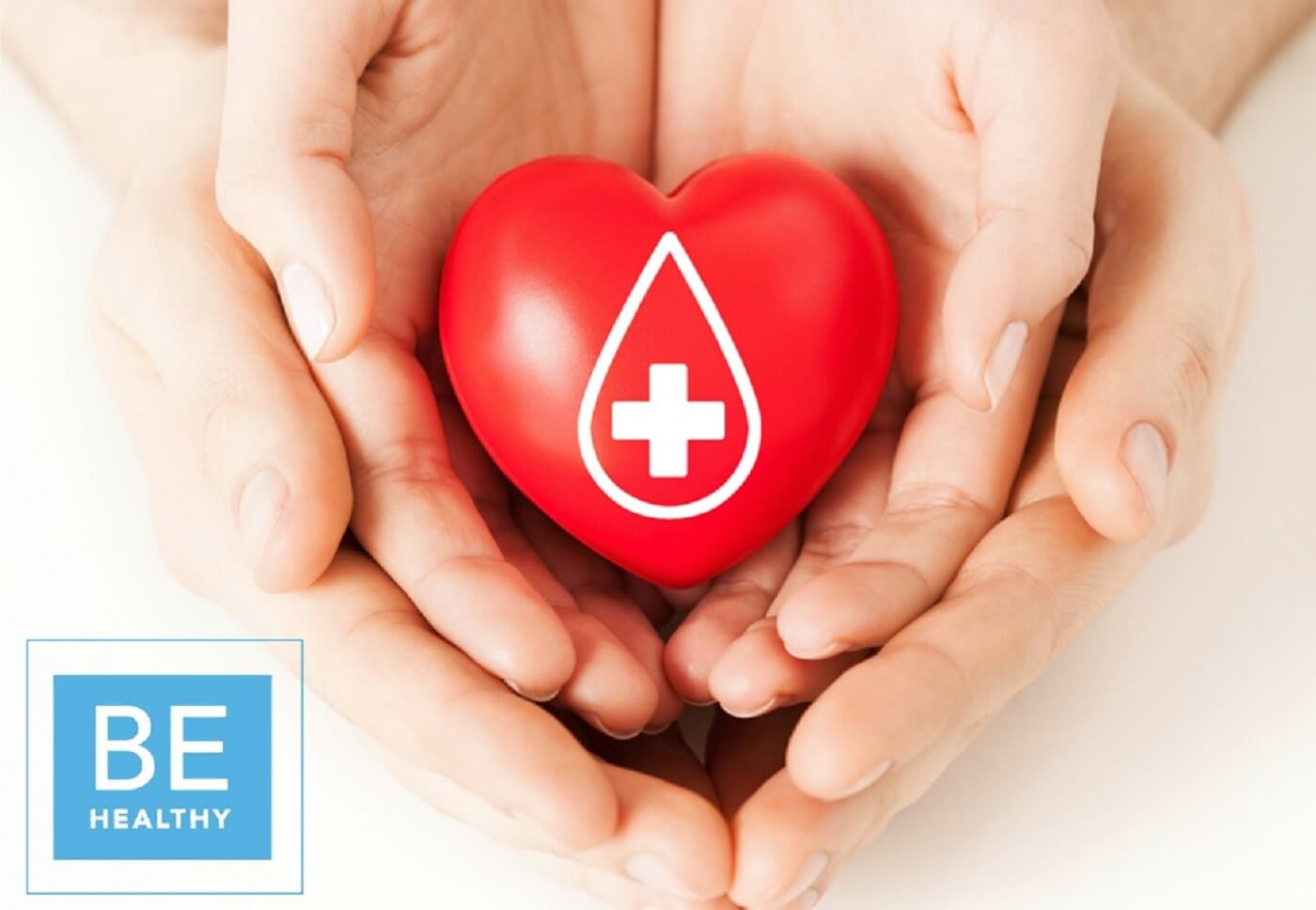Did you know that June 14th is World Blood Donor Day? We have all experienced that moment when a friend or relative has needed blood and there wasn’t enough available at the blood bank.
#Blood is vital and it’s the best gift of life we can give someone. This year, the WHO wants to thank blood donors around the world for their enormous contribution to life; without them, many lives would have been lost.
We invite you to prepare yourself this Sunday to give the best gift of life. You can visit the nearest health center, either in San Luis Rio Colorado or #Mexicali, B.C., and ask if you qualify as a donor.
Centro de Salud San Luis Río Colorado
Guadalupe Victoria y calle 8
Tel: (653) 535-8200 ext. 102
Hours: Monday to Friday from 6am / 24hrs
* Altruistic donations are welcomed beginning June 15th.
Hematologic Center Mexicali
Av. Madero 1060-A, Zona Centro CP 21100
Tel: (686) 554-2607
Hours: Monday – Friday from 6am / 24hrs
Things you should know before and after donating:
- Sleep well the night before donating.
- Eat a low-fat meal. You should not go on an empty stomach.
- Avoid smoking at least one hour before donating.
- Tell the doctor or nurse if you are taking any medications or suffer from any illness.
- Rest for about 10-15 minutes after donating.
- Drink plenty of fluids,, but avoid smoking and / or drinking alcohol two hours after donating.
- Remember you can donate every two months. Ask your doctor how often he/she recommends you donate. It’s recommended that men donate a maximum of four times per year, while women are recommended to donate a maximum of three times per year.
Note: donor requirements may vary according to the hospital, Red Cross and Health Center. For your reference, you can read the #IMSS requirements at this link: http://www.imss.gob.mx/salud-en-linea/donacion-sangre.
Want to know who benefits when you donate?
- Women with obstetric complications.
- Children with anemia.
- Patients with serious injuries, such as car accidents.
- Patients during surgery.
- Cancer patients.
According to WHO, World Health Organization, more than 108 million units of blood are donated every year around the world. It sounds like a lot, but it’s not enough. The goal for 2020 is that each country has enough units for the wellbeing of its population.
Some interesting facts:
- Blood #donation is more common in high-income countries than those with lower income.
- A blood unit can benefit more than one patient.
- Blood units are separated into components according to the needs of each patient, such as red cells, platelets and plasma.
- Unnecessary transfusions may expose patients to transfusion reactions and serious infections. Make sure this is the best option to treat your illness or the receiving patient’s.
- Blood can be stored only for a limited time. If kept longer than allowed, it will no longer be considered usable.
- The only way to ensure sufficient supply of blood is through periodic donations.
Source: www.who.int






